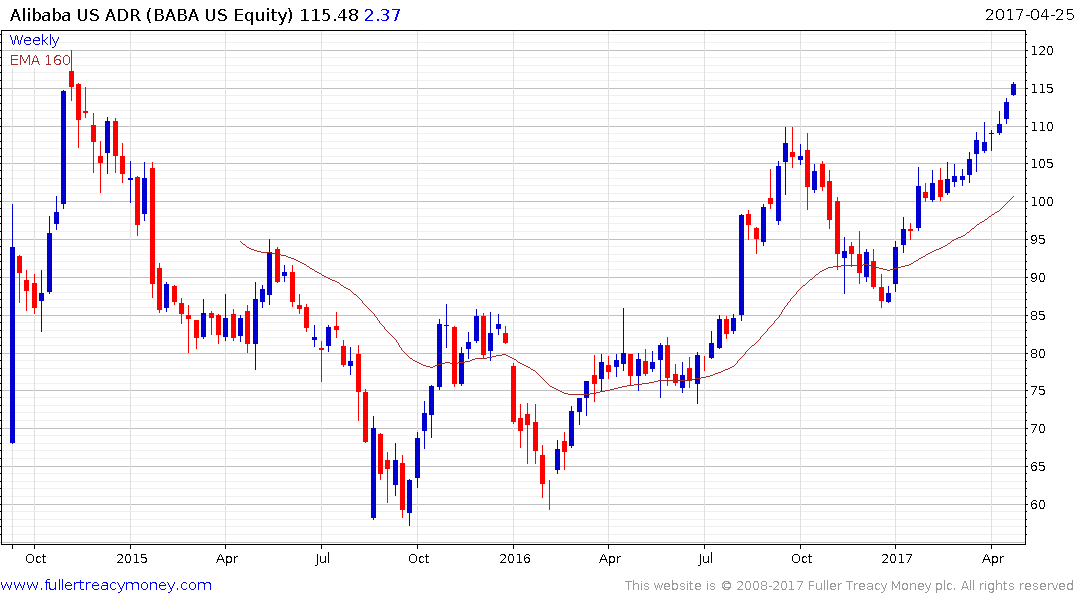Arizona trial thrusts autonomous Waymo cars into everyday life
This article by Scott Collie from Atlas may be of interest to subscribers. Here is a section:
Waymo will be purchasing an additional 500 Chrysler Pacifica minivans to support the 100 already doing the rounds.
The push to slot self-driving cars into the everyday reality of average Arizona families represents another significant step in autonomous driving development. Waymo has covered more than 3 million miles since its inception in 2009, and the benefits of that experience are beginning to show.
According to reports submitted to the Californian DMV earlier this year, Waymo cars covered 635,868 miles (1,023,330 km) last year, and human drivers only needed to intervene 124 times. That's a huge improvement over 2015, where self-driving systems disengaged 341 times in just 424,331 mi (682,895 km) of testing.
The rapid pace of technological innovation is transforming our world, economy and financial markets faster than is easily comprehendible. I find it to be a useful thought experiment to identify the most promising technologies and then to think about what they are going to displace. For example the evolution of electric vehicles is not great news for automotive parts suppliers since EVs have far fewer parts.
The evolution of autonomous vehicles could potentially represent a death knell for car insurance companies. The trend is towards almost zero driver error with autonomous vehicles and hood cameras takes much of the uncertainty out of who is at fault. Therefore the greatest risk will reside with human drivers. This will necessitate higher premiums both to account for the risk and the smaller pool of covered individuals. It could conceivably become cost prohibitive to drive your own car as a result, which would negate the need for insurance in self-perpetuating trend.

For example, in 2016 All State generated $21.2 billion in auto premiums which represented 58% of revenue. Since insurance companies invest those premiums the sector is performing in line with the wider stock market but that masks a growing threat to their business model from the technological revolution.


